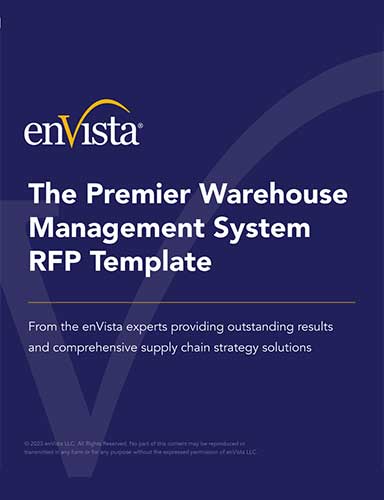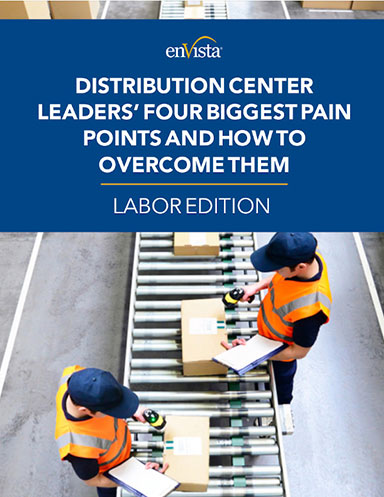Mitigating Vendor Non-Compliance
I recently attended and co-presented with one of our retail clients to an audience of retailers and distributors at the Vendor Compliance Federation’s (VCF’s) Fall Conference. The amount of time, energy and money companies spend on reporting, capturing and problem-solving around non-compliance is astounding.
Impact of Vendor Non-Compliance
“Chargebacks” management is a multi-billion dollar business. There are software and service providers in the market that literally sit between the distributor and the retailer and help the retailer file for chargebacks. Non-compliance creates downstream processing challenges for retailers and impacts their ability to service their customer faster; however, the most critical element is missing – process optimization. There are more than 600 non-compliant transaction codes, and I would love to eliminate them all.
The problem is where companies are focused. The question retailers should ask is not how to more easily obtain chargebacks from suppliers. Rather, they should be focused on how to create a better process that mitigates non-compliance altogether to improve fulfillment and customer service levels.
Need for Process Optimization
So how do retailers and distributors create a better “process” that ensures the supplier ships the purchase orders (POs) with the right items, in the right quantity, to the right location, at the right time and with the right unit of measure (each, inner pack, case pack and pallet), meeting the requirements set forth by the retailer (e.g. ticketing, GOH, case labeling, and pallet markings)?
For retailers, it starts with defining your processes from the time you create a PO to the time your merchandise is received within your distribution center. This sounds simple, yet, many retailers have not defined their procure-to-pay process, or more importantly, standardized it across their organization. Within our retail consulting practice, we have witnessed buyers using different ship date and window logic. Retail buyers typically own a department or class of product; however, when there are three different buyers purchasing from the same vendor, it can become problematic for the distributor.
I am always amazed by the number of retailers that do not understand their own internal processes and lack standardization and training on them. When I sat in a retailer and distributor roundtable session at the VCF Conference, I was astounded that the distributor knew more about the retailer’s process than the retailer did. But then, the stakes are high when you are looking at significant fines for not executing a “perfect order.”
Vendor Training and Measurement
Once the process is defined, retailers should define the requirements, ensuring they are crystal clear. There are numerous vendor compliance documents online that outline both physical and systemic (EDI) requirements. Next, it’s critical to communicate, educate and even train your vendors on the process. Yes, I said train them. Retailers need to take accountability for the success of the “perfect order;” after all, they have the most to lose or gain. My objective is not to pick sides between distributors and retailers; the reality is that retailers need distributors to execute the “perfect order” process, but retailers need to take accountability for working with their vendor base. By the same token, manufacturers and distributors need to take accountability for following the process and the requirements set forth by the retailer.
In order to drive continuous improvement, metrics need to be defined, measured and communicated in a consistent and timely manner. Retailers need to communicate how the distributor is going to be measured based upon a vendor performance scorecard. enVista has a number of distributor clients that are now working with major big box retailers. These distributors are having chargeback issues because they don’t understand how they are being measured. Communication and constant feedback can help overcome the misalignment that exists between distributors and retailers.
I am not naïve enough to think that retailers don’t have issues with their big vendors or that big retailers don’t push their small vendors around. We have all heard the stories and been there, done that. Regardless of what type of organization you work for, the issue is that chargebacks are the outcome of a bad or broken process, or a good process that is not being followed. I recommend that distributors and retailers get to the root cause by clearly defining their own processes, defining comprehensive requirements, improving communication and driving continuous improvement through established metrics reporting.
Conclusion
In summary, and what I find interesting, is that VCF (Vendor Compliance Federation) is changing their name to Retail Value Chain Federation or RVCF beginning January 1, 2013. This is a conference that has taken place for over 15 years. Their change in name validates that a community of vendors and retailers see the need to move away from “compliance” to new and improved value chain or process flow. This is a necessary paradigm shift that is moving from a reactive to pro-active state.
Let me know what you think… share your thoughts and feedback below.













